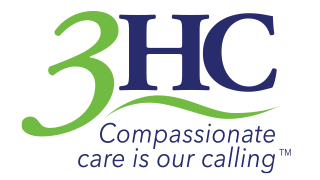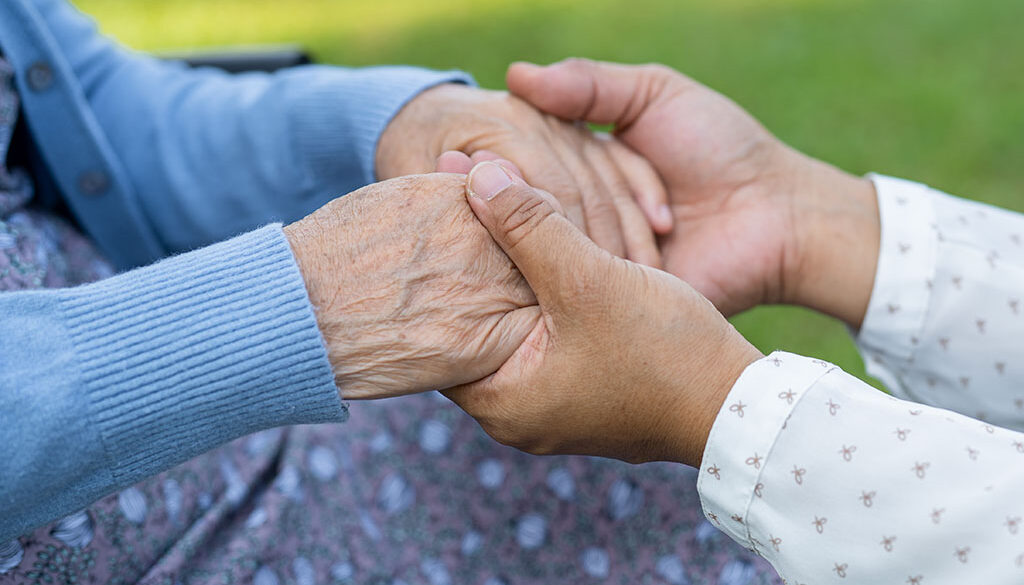What Are the Stages of Death? What to Expect With Each One
At 3HC, we help those you love be as comfortable as possible through the last months of life, enabling them to spend as much time with friends and family in the familiar surroundings they call home.
But when the journey is nearing its end, what are the stages of death? Understanding the early, middle and last stages of death will help you know what is happening to your loved one and what you can expect.
We’ll outline what you need to know about the death and dying process, the stages of death, and how 3HC helps the entire family through bereavement care and counseling.
What Are the Stages of Death?
There are primarily three stages of death: early, middle and late. We’ll take a closer look at each of them.
What Are the Stages of Dying?
Early Stage
It’s typically at this point that you’ll notice that your loved one will not eat and drink as much. Some do not eat as much because it feels more like a burden or they feel full more quickly. Eating may also become more difficult for them—and they may even choke– which is why we do not force food or liquids. This can cause the patient both physical and emotional stress.
Another reason that your loved one may not eat is because the body is starting to conserve energy. Therefore, it will not require as much food or liquid. The loss of appetite is also connected to fatigue.
The Middle Stage of Dying
What are the stages of death? It’s during this stage that your loved one’s skin may be mottled, their hands and feet may start to darken and feel cold, which is due to changes in circulation. As their circulation slows, the body retains blood to keep vital internal organs functioning.
While blankets may be useful, you should not use electric blankets or heating pads, because it may be difficult for the patient to let you know if they are uncomfortable.
Your loved one may become even more fatigued and less responsive. However, we urge you to continue to speak lovingly and respectfully to them, because you should assume that they can hear everything, regardless of whether or not they can respond to you. Even though your loved one may be able to hear you, do not ask questions that require answers. As this stage progresses, they may not be capable of speaking or moving at all.
The Final Stage
During the final stage of dying, your loved one may be restless and disoriented. They may be confused about who is with them or what time it is. You’ll notice changes in breathing, and they may experience incontinence. You may even hear a rattle in their throat when they experience labored breathing with long, frequent pauses. Medication may help with restlessness.
As the body’s circulation decreases, changes in metabolism affect bowel and kidney functions. In addition, the lungs are no longer able to clear fluids.
Although this is the final stage in dying, we encourage you to speak reassuringly to your loved one. It is possible that your loved one will still be able to hear you.
Coping With the Death of Your Loved One
3HC wants you to know that you are not alone. We treat you like family. That means that we’ll be there for you and provide the support and comfort you need.
There is no one way to grieve, and everyone processes it in a different way. Our Bereavement Services feature nurses and counselors who are ready to provide the emotional support you need. Bereavement services are available for 13 months after the death of a loved one. This includes visits, telephone calls, mailings, support groups, memorial services, and our annual Wings Camp for Grieving Children.
Could you or someone you love benefit from hospice care? Contact our 24-hour referral line at 1-800-692-4442





